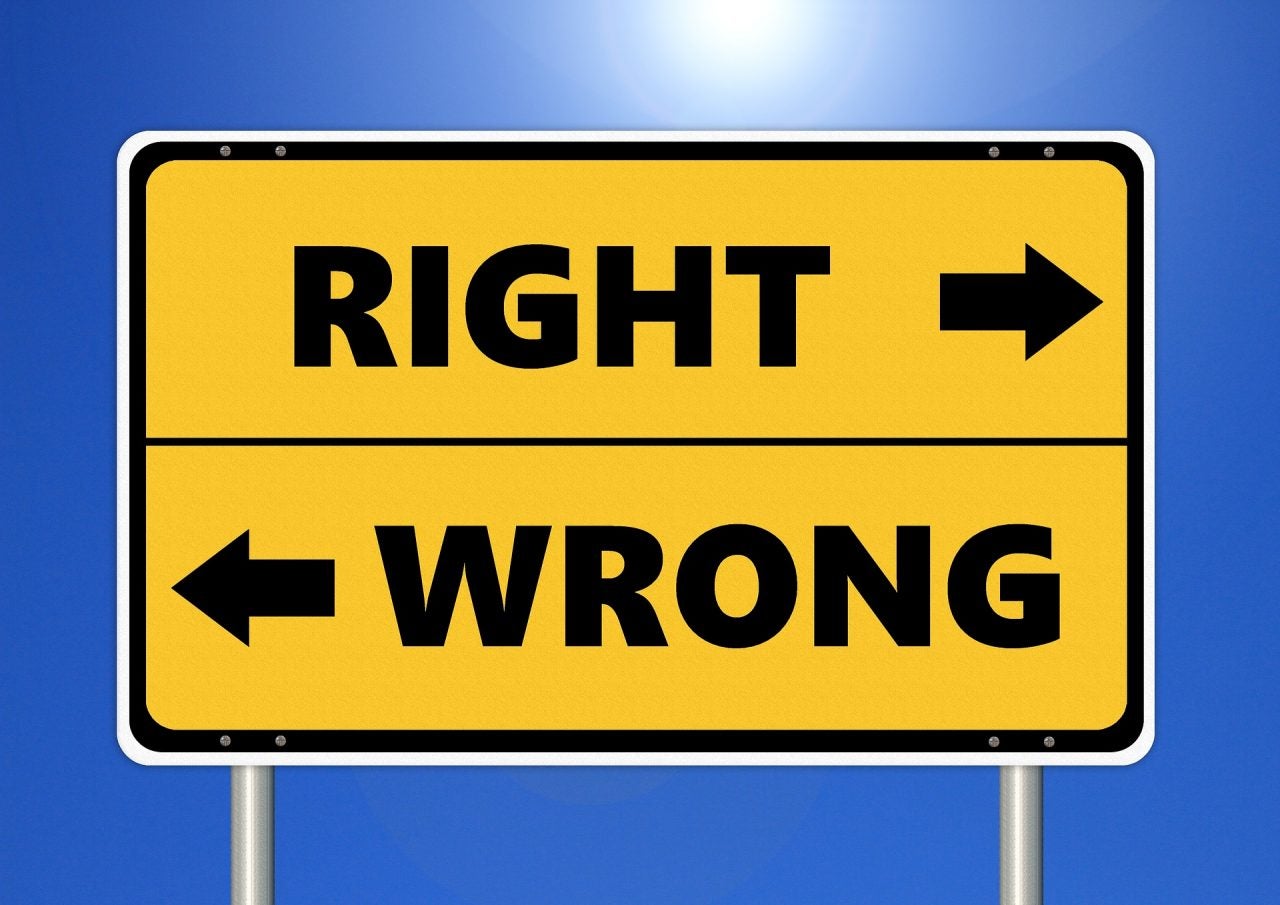Written by Aiyana Emigh
Edited by Emily Cartwright
What does it mean to ethically communicate your science? What are our responsibilities as graduate students doing scientific research? What policies govern our actions? Although these questions seem straightforward, the answers are deceptively elusive.
Since starting graduate school, I’ve participated in several programs that emphasize the importance of everyone sharing their science and engaging with people outside of their immediate scientific community in order to hone my science communication skills. I even published an article last year in the Davis Enterprise calling for more public engagement by scientists. What was missing in nearly all of these discussions was the topic of whether we as scientists are communicating about our work responsibly – ethically. How are we depicting our research? Are we inflating our results? Are we misrepresenting reality? Are we open about our biases?
Take the “CRISPR Babies” controversy as an example: scientists have decried the ill-advised embryonic genome editing as an unacceptable ethics violation. However, their responses to this controversy do not actually address the ethical concerns. Leading CRISPR scientists seem to be more concerned with their ability to continue their research rather than the ethical question: Should their research be done at all?
An article in Discover Magazine does a good job at highlighting the failures of our current system to regulate ethical violations. Whose ethics are being upheld? Are we asking the right people the right questions? At the most recent International Summit on Human Genome Editing (where the “CRISPR babies” were announced), many presenting researchers disclosed their private business ventures at the start of their talks. Researchers require immense funding to achieve tenure and status within the scientific community, so how much of their communication is biased by their desire to receive grants? Are ethics the number one concern of these scientists upon whom we rely for self-regulation?
The long history of scientific misconduct led me to investigate our own ethical policies at UC Davis. To narrow the broad ethics scope, I focused only on the requirements surrounding the reporting of funding sources and conflicts of interest by campus researchers. The policies are detailed across an unmanageable number of web pages, documents, and training videos. After my first passthrough, I learned PIs are required to self-report new funding sources or conflicts of interest to an internal review committee of fellow professors.
I emailed the Conflict of Interest Committee (COIC) to confirm my interpretation of the self-reporting policies and was informed that the “complex subject” would be better suited to a phone conversation than emailed correspondence. In this phone call, I explained my inquiry into the university’s guiding policy around financial conflict of interest disclosures for scientists. Surprisingly, I was asked whether this phone call was “on the record” and met with repeated assurances that graduate students do not typically meet disclosure requirements. Seeking guidance in person proved to be almost as challenging.
My correspondence with the COIC ultimately confirmed that there is no blanket requirement for reporting funding sources or conflicts of interest for anyone. They reasoned that specific conferences or journals may have their own reporting requirements and they did not want to risk conflict with these policies.
Yet, this policy is not reflected across the University of California system. For example, UC Irvine requires “disclosure of related financial interests in publications and presentations to promote transparency” regardless of the venue or publication requirements. It stands to reason that a venue or publication would have very little impact on the overall responsibility of researchers to disclose funding sources and financial conflicts of interest. Current UC Davis COIC policy might be reinforced by requirements similar to UC Irvine.
The scientific community is at a critical stage. As the University of California cancels its subscription contract with Elsevier and we push for more open access to scientific research, we also need to push for transparency in other areas such as ethics. Are our policies adequate? Whose interests are being served? What can graduate students do today to promote research transparency? Are we critically examining our own lab practices? We should be doing everything we can to practice and communicate our science in an ethical manner.
An important (but unfortunately not well known) resource available to our community is the Ethics Commons. This is a multidisciplinary group composed of faculty from across the entire UC Davis campus who serve as a resource to help us think about the “transformation and integration of ethical considerations in research, education, and public engagement.” Let’s make ethics an integral part of how we do science and how we share it.
